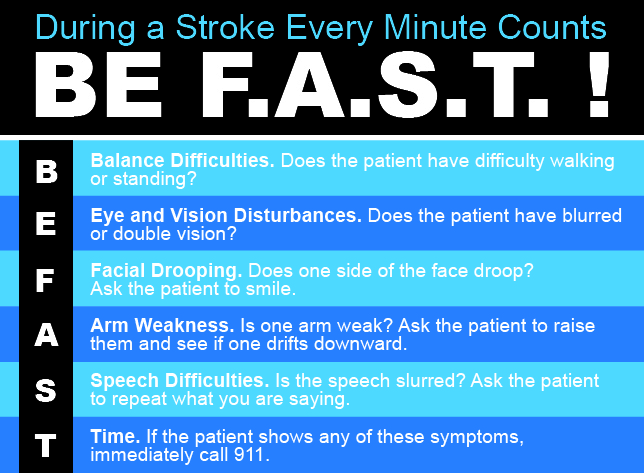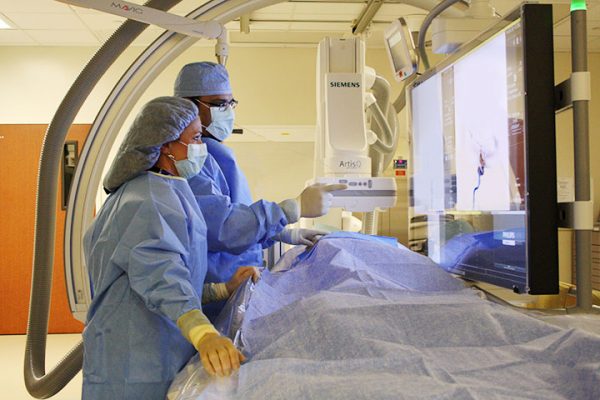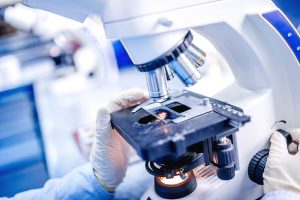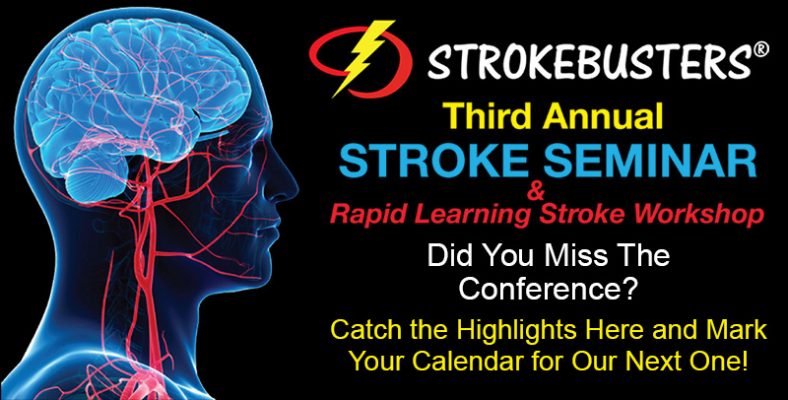In stroke, swift action is critical to survival and reducing the likelihood of disability. It is important to know the signs and symptoms, and get immediate help. In the first few minutes and hours, a fast response and a prompt course of treatment is crucial to saving a life, reducing the amount of permanent brain damage that may occur, and increasing the odds for an optimal recovery. Think B.E.F.A.S.T.
B.E.F.A.S.T. is the healthcare acronym for determining if a stroke is in progress. A “Yes” answer to any of these questions requires rapid medical treatment.
B – Balance Difficulties. Does the patient have difficulty walking or standing?
E – Eye and Vision Disturbances. Does the patient have blurred or double vision?
F – Facial Drooping. Does one side of the face droop? Ask the patient to smile.
A – Arm weakness. Is one arm weak? Ask the patient to raise them and see if one drifts downward.
S – Speech Difficulties. Is the speech slurred? Ask the patient to repeat what you are saying.
T – Time. If the patient shows any of these symptoms, immediately call 911.

Other symptoms of stroke include, but are not limited to:
- A sudden onset of severe headache, often described as “the worst headache of their lives”
- Paralysis, numbness or weakness on one side of the body.
- Difficulty talking or understanding language.
- Drooping Eyelid.
- Nausea and vomiting.
- Pain and stiffness in the neck.
- Loss of Consciousness.
The onset of a stroke is typically sudden and, most times, painless. It comes quickly, powerfully, without warning, and can drastically change one’s life. According to the US Centers for Disease Control, only one in three people know the warning signs of stroke.
Rapid action is critical. When a person seeks immediate medical treatment for stroke there are clot-busting drugs (TPA) that may be implemented in order to reduce or prevent permanent injury. Unfortunately, the window of opportunity closes rapidly. Within three hours of the stroke’s onset, most of the damage has been done and treatments are less effective.
The brain needs a constant supply of blood, oxygen and nutrients in order to function.





